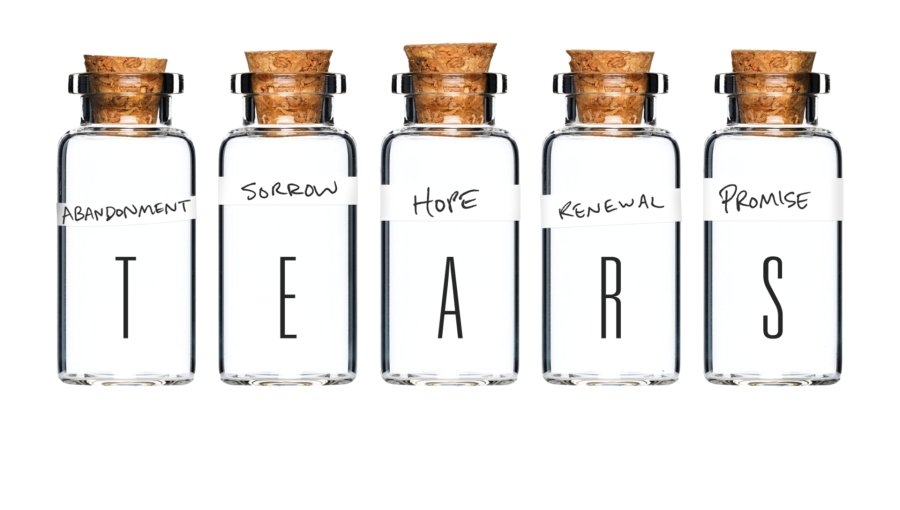Mourning Over Time

 Several years ago, I found myself reading A Severe Mercy by Sheldon Vanauken and encountering an idea that would change the way I looked at grief forever.
Several years ago, I found myself reading A Severe Mercy by Sheldon Vanauken and encountering an idea that would change the way I looked at grief forever.
You see, I worked with InterVarsity at Virginia Tech the year before the shootings took place on campus. Although, no one I knew had been killed, it felt as if everyone I knew had been affected.
My life moved in slow motion that day.
I still remember where I was, when I heard the news.
We experience grief in moments like these, crying and perhaps praying with friends. But over time, grief subsides. “There is a time to weep and a time to laugh” says the writer of Ecclesiastes.
Yet grief continues to come back. In flashes. Unexpectedly.
It may for you. It did for me.
And this is when I stumbled across this insight into mourning.
What if people and places were like diamonds, whose many facets create brilliance and beauty? Perhaps the same complexity that creates beauty shapes our experience of mourning.
When we mourn a person or a place, we actually mourn dozens of people and dozens of places.
We mourn every facet. And this takes time.
Every facet, when it’s first touched, induces a wave of grief. Over time, the grief subsides.
In our initial moments of loss, we experience huge waves of grief, as many facets are grieved at once. But some escape and slip unnoticed past the initial experience. These facets emerge later and create aftershocks of grief.
The more deeply you know a person and the more experience you have in a place, the longer you’ll experience the aftershocks of mourning. You just have more to mourn.
What are some facets you are mourning today? What have you learned from your experience of mourning? How have you been helped in your experience of mourning?
Steve is an InterVarsity Area Director for South Florida and also blogs at: http://yosteve.blogspot.com



